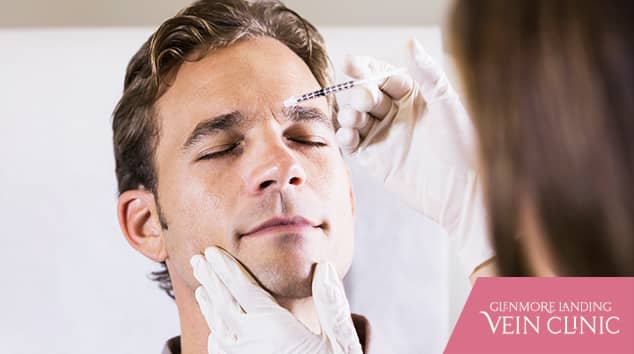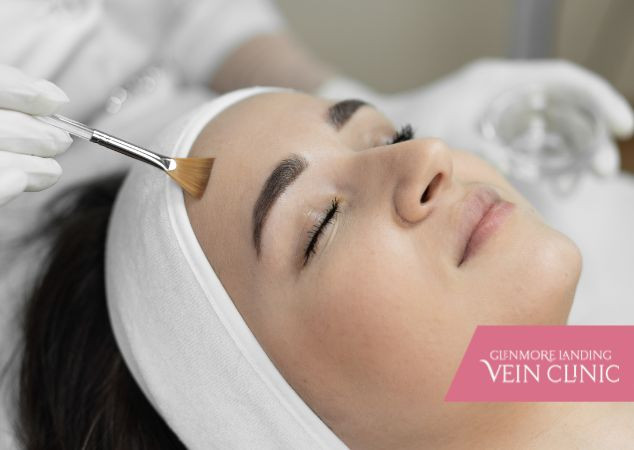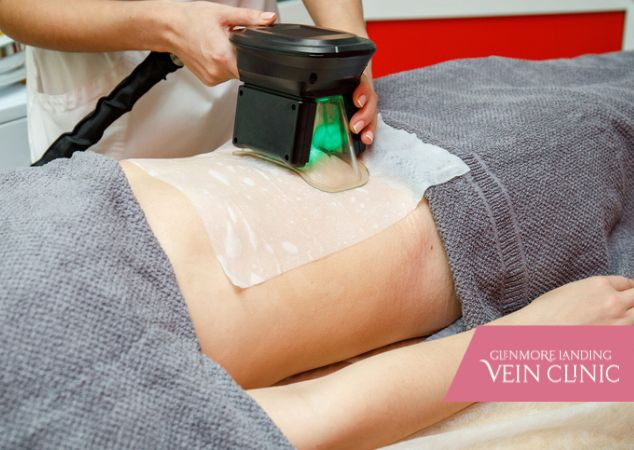BOTOX® For Men
Although women are still the most common demographic seeking the transformative results of BOTOX®, this common cosmetic procedure is gaining popularity among males as well. Many Canadian plastic surgeons are reporting an increase in the number of male patients opting for BOTOX®; some reporting an increase of up to 50% in recent years.
Why The Rise?
BOTOX® is the leading anti-aging treatment. While we have long heard the adage that men get better with age, some could argue that the pressure to stay young exists for both men and women. Today men are choosing to look and feel their best for as long as possible. Some of the factors that may contribute to the rise in popularity of BOTOX® for men include:
- Competition and Success: There is no denying that the workplace is increasingly competitive. Men can experience a lot of pressure to advance, excel, and maintain an edge over a younger demographic competitor. Many men are choosing anti-aging procedures to avoid ageism at work.
- Social Media: Men and women are constantly exposed to the ideals of beauty displayed constantly on social media. And just as many women are influenced to maintain standards of youth and attractiveness, men can also feel this pressure. With so much of our lives broadcasted and scrutinized, many men want to ensure that they always look and feel their best.
- Keeping Up With The (Fill In The Blank): When significant others, buddies, brothers, teammates, etc. are opting for cosmetic anti-aging treatments, there is a motivation to go along and not be left behind.
Is BOTOX® For Men Different?
There is no difference between the formulation of BOTOX® used for men and women, but men may require more units of BOTOX®. Generally, men have more muscle mass in their foreheads, brows, cheeks, jaws, and around their eyes than women do. This would require a stronger concentration of the neurotoxin to block the signals to these muscle groups. Men with less facial muscle mass would require less BOTOX®. Your plastic surgeon will be able to determine the correct dosage based on your unique physiology. But provided that the most effective dose is given, BOTOX® will last just as long for men (generally 3-4 months).
BOTOX® Treatments For Men In SW Calgary
If you are looking for an effective way to address fine lines and wrinkles that make you appear older than you feel, BOTOX® is the most popular anti-aging cosmetic procedure for men and women. BOTOX® is safe, minimally invasive, and completely transformative, decreasing fine lines and wrinkles and providing a more youthful, rested appearance.
Glenmore Landing Vein Clinic is Calgary’s choice for non-surgical, anti-aging treatments with facial filler options from BOTOX® to JUVÉDERM®. Our team is committed to providing cosmetic rejuvenation treatments to help you look and feel your best. To find out more about facial injections and other transformative skin and body cosmetic procedures book your free consultation with our Calgary experts or call Glenmore Landing Vein Clinic at 1-403-253-2555.
FAQ
Q: What is BOTOX®?
A: BOTOX® is a cosmetic and medical treatment prepared from a neurotoxin protein produced by the bacterium Clostridium botulinum. BOTOX® targets specific muscles by blocking chemical signals that tell them to contract, to reduce and soften wrinkles and fine lines in the treatment area.
Q: How long until I see results?
A: You will notice improvement within the first 5-7 days; however, it can take up to 2 weeks for full effectiveness. To maintain optimal results, your plastic surgeon will recommend repeat treatments every 3-4 months.
Q: Is BOTOX® safe?
A: BOTOX® is very safe. It has been available in Canada for over 30 years. BOTOX® is one of the most researched medical treatments in the world and is approved for reducing the appearance of moderate fine lines & wrinkles and many other uses including:
- Migraines
- Excessive Sweating (Hyperhidrosis)
- Crossed eyes
- Muscle stiffness/spasms
Both the safety and efficacy of BOTOX® have been evaluated and over 417 peer-reviewed articles have been published in scientific and medical journals.






%20(1).png)
